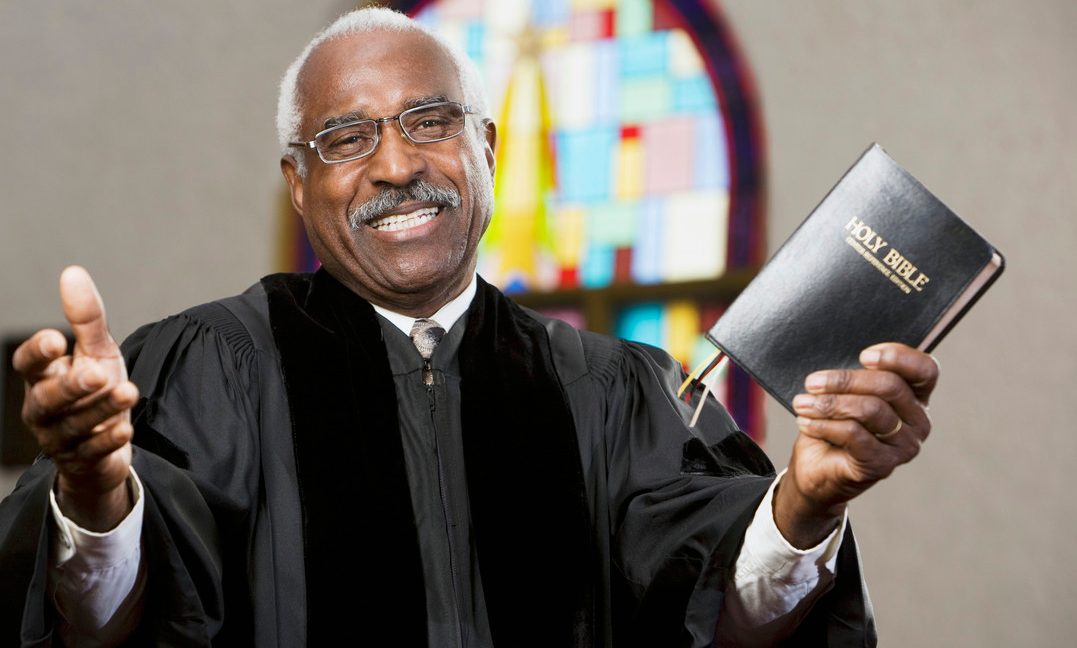Religion Can Help Your Mental Health

A growing movement incorporates spiritual beliefs in mental healthcare. Your religious counselor may be invaluable.
Traditionally, people struggling with their mental health or who are in a crisis have often sought help at a church or place of worship. Many Americans still do.
In one national study, more people with a mental health issue had sought help from a clergy member (24 percent) than from a psychiatrist or general medical practitioner (both at 17 percent, respectively).
YOU MIGHT ALSO LIKE: Follow-up Care for Anxiety and Depression Treatment
You may need religious guidance and medical help as well. It’s not an either/or situation: If you don’t know where to start, your religious leader can provide referrals.
Says Ryan Howes, PhD, a practicing clinical psychologist in Pasadena, Calif.: “You ask any rabbi, they’ll probably have half a dozen names of therapists that they’ve referred to in the past because they’re not necessarily trained in psychological issues and want to be able to help.”
About three in 10 U.S. adults are not affiliated with any religion, a growing number. But especially in rural areas where mental health counselors are spread thin, those who are affiliated with a religious group may be more likely to encounter a counsellor who incorporates spirituality. Six states now have specific licensing for pastoral mental healthcare. (Those states are Arkansas, Kentucky, Maine, New Hampshire, North Carolina, and Tennessee.)
The Association for Clinical Pastoral Education (ACPE), based in Atlanta, incorporates an earlier group founded specifically to help people find counselors who took their religious beliefs seriously. To be accredited to provide spiritual care, see the ACPE website.
In 2014, the American Psychiatric Association announced the Mental Health and Faith Community Partnership, a collaboration between the mental health and spiritual communities that provides education for clergy members.”
While clergy take their counseling responsibilities seriously, they often don’t have training in dealing with serious mental health conditions or diagnosing when someone needs emergency care. They need to be more aware of mental health challenges — and substance abuse — within their congregations and learn how to respond.
It’s not essential that a pastoral counselor share a patient’s faith. Tell any therapist your faith group and decide whether that person can work with your beliefs.
Pastoral counselors might help clients examine negative aspects of spiritual beliefs. If you had punishing parents, you might see God as harshly angry. Your experience with early caregivers will affect how you see the world generally and yourself.
To find a pastoral counselor, you might start by asking your pastor or other congregants.
Unlike standard mental healthcare, pastoral counselors often have sliding scale fees intended to make care accessible to the widest range of people.
Updated:
August 30, 2022
Reviewed By:
Janet O’Dell, RN